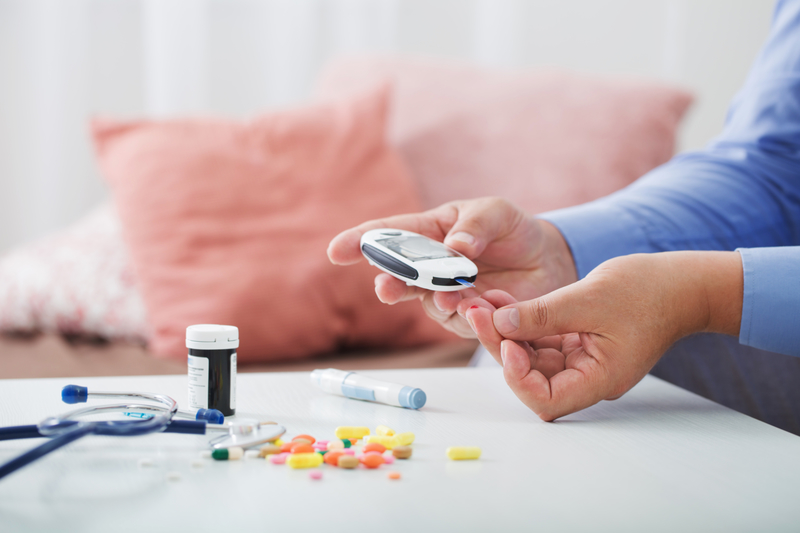Being diagnosed with diabetes is a life-altering event that necessitates adjustments in various aspects of one’s life. From making significant lifestyle changes to understanding potential complications and managing medications and treatments, it’s crucial for newly diagnosed patients to equip themselves with knowledge and awareness.
Lifestyle Changes
Upon receiving a diabetes diagnosis, embracing lifestyle changes becomes paramount. These alterations revolve around adopting a balanced, nutritious diet and maintaining an active lifestyle through regular exercise. Monitoring blood sugar levels, a vital aspect of diabetes management should become a routine practice. Understanding the impact of certain foods on blood sugar levels and establishing a consistent meal schedule is fundamental in this journey. Exercise can have a positive effect on glucose levels and is beneficial for overall health. Due to the varying requirements of each individual, it’s important to be mindful while creating an effective exercise regimen. Consulting a healthcare provider is necessary for establishing realistic goals and designing an appropriate fitness plan based on personal capabilities. Refraining from smoking and moderating alcohol consumption are crucial steps in mitigating risks associated with diabetes.
Complications
Diabetes carries the potential for various complications, emphasizing the necessity for diligent management. Diabetic patients are more likely to develop gum disease and other dental issues. Uncontrolled blood sugar levels can lead to long-term problems affecting the heart, eyes, kidneys, and nerves. Regular medical check-ups, eye exams, and foot care are vital for early detection and timely intervention. To prevent the development of complications, it is important to practice a healthy lifestyle. This includes maintaining a balanced diet, exercising regularly, and avoiding smoking and excessive alcohol. For type 1 diabetes patients, taking insulin injections on time helps keep blood sugar levels stable. Consulting with medical professionals can also be helpful in developing an effective management plan tailored to individual needs. Adhering to prescribed treatment plans and maintaining a healthy lifestyle are critical components in averting or managing these potential complications.
Medications and Treatment
Understanding diabetes medications and treatments is essential for effectively managing the condition. Depending on the type and severity of diabetes, healthcare providers may recommend oral medications, insulin injections, or a combination of both. Comprehending the purpose, dosage, and potential side effects of prescribed medications is crucial for safe and efficient usage. Adopting a personalized treatment plan that encompasses a well-structured diet, regular physical activity, and stress management is vital. Diabetes medications and treatments can drastically improve a person’s quality of life, so it is important to maintain open communication with healthcare providers. Regular check-ups will help you keep track of any changes or progress in managing diabetes. During these visits, be sure to ask your healthcare provider about lifestyle modifications that may better assist you in regulating the condition. Patients should actively engage with their healthcare team to ensure the most appropriate and effective treatment regimen.
A diabetes diagnosis signifies the beginning of a lifelong journey towards managing and mitigating the impact of this condition. Armed with knowledge and a proactive approach, individuals newly diagnosed with diabetes can lead fulfilling and healthy lives.
Did You Enjoy Reading This Article? Here’s More to Read: How to Keep Your Kids Away From Excess Sugar



